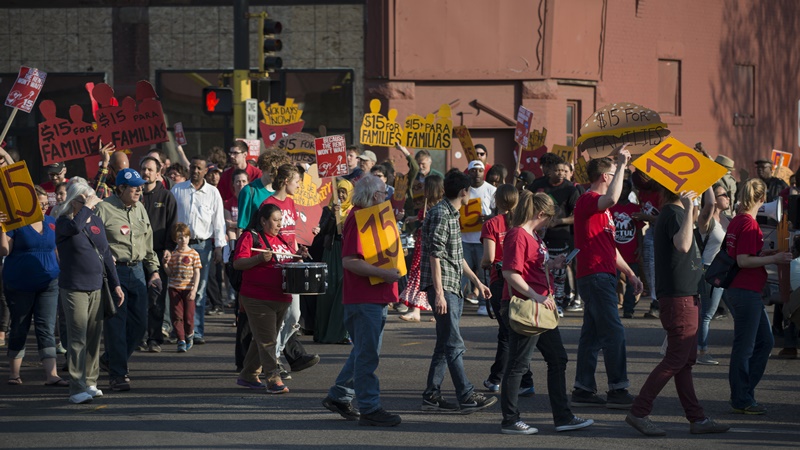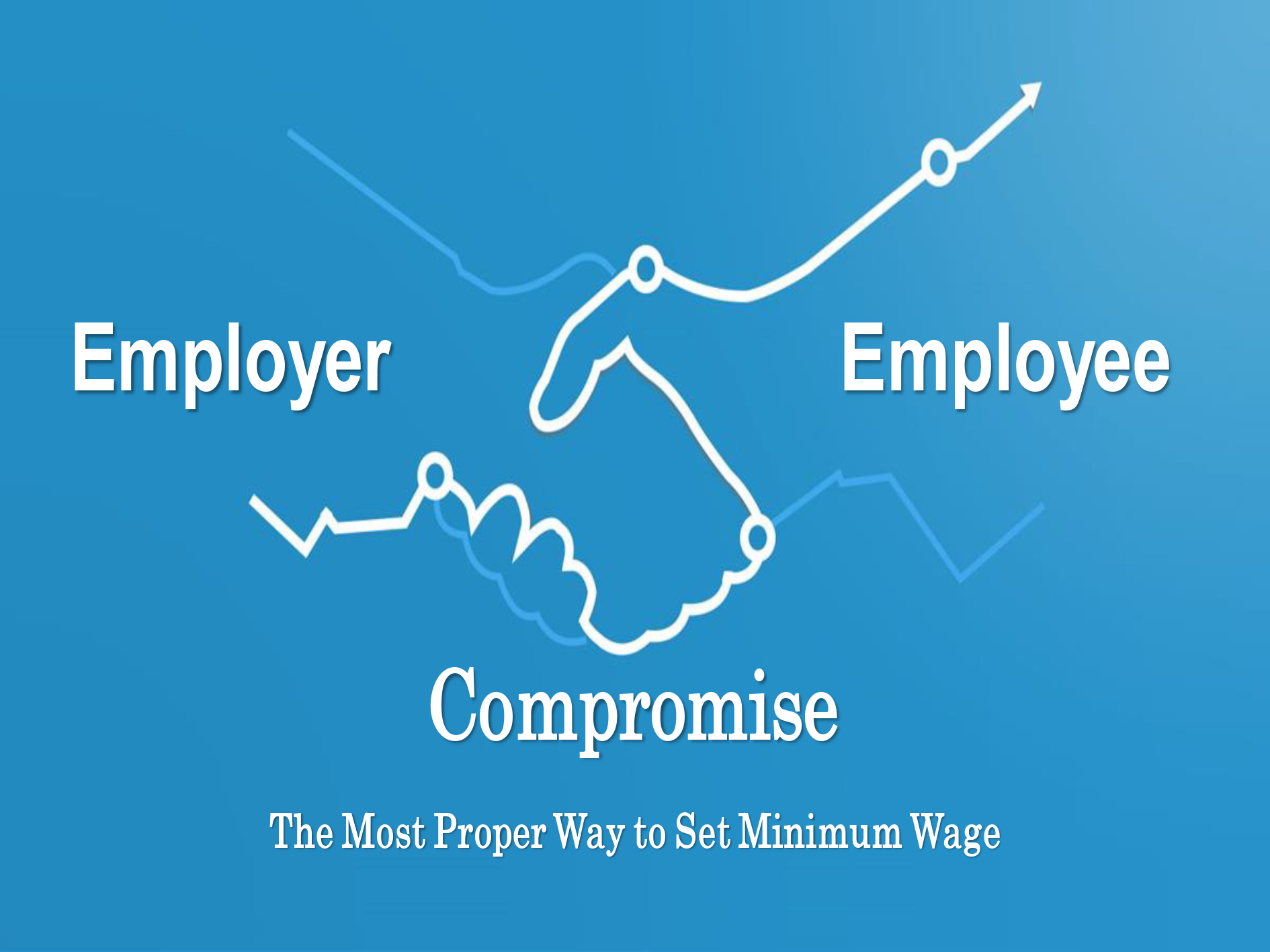 |
| ▲ Setting legal minimum wage always has been controversial. |
Labor relations have always been controversial for capitalist societies. More specifically, when it comes to the price of labor, everyone has a lot to say. During the last presidential election campaign, President Moon stated that he will raise the minimum wage to 10,000 won before his term as President, comes to an end. Although every candidate in the campaign had their own suggestions for reaching a deal on the minimum wage dispute, it is clear that there is no easy solution to attaining a much needed compromise between employees and employers.
As an action item on the agenda, the Minimum Wage Commission has set next year’s minimum wage at 7,530 won, an increase of 16.4%. There are pros and cons to this rate increase and disagreement on whether or not it goes too far, too fast. Parties supporting this increase argue that it is in line with Korea’s cost of living. In fact, statistically, the cost of living, as compared to the minimum hourly wage in Korea, has been increasing at a faster rate for the last 20 years.
The Dankook Herald (DKH) interviewed Choi Ki-won, a spokesperson for the Part Time Workers Union, (Alba Union) a social organization calling for the minimum wage to be increased to 10,000 won per hour. He started the interview by arguing the present minimum wage is problematic, arguing that laborers can barely live off of it. According to the union’s research, people need about 2 million won per month, or to earn about 10,000 won per hour, to be able to live satisfactorily. This includes being able to afford opportunities for education, cultural entertainment, and accommodations. He points out the main problem is that the minimum wage is dependent on the government of the day, and the Minimum Wage Committee basically follows the Presidents’ directive. This is problematic because the office of the President changes every five years. He said that the committee must operate independently from the office of the President and stick instead, to the realities of the circumstances that workers are facing.
However, parties against the rapid increase worry about the side effects of a rising wage bill. Since self-employment accounts for approximately 25% of Korea’s gross employment, petty merchants hiring part timers might be seriously affected by the drastic increase. People who are against the increase argue that a dramatic increase is not the right solution to the problems faced by minimum wage laborers because it will only increases economic polarization by passing on the burden to small businesses alone.
Kim Tae-ki, a professor of Department of Economics, stated that the increase was too fast for the small business community to catch up. Even though he agrees with an inevitable increase in the minimum wage, he feels that increasing it by 16.3% in one shot sets unreasonable expectations for small Korean business to adapt. 88% of part time or hourly employees are paid by small businesses. Kim thinks they might suffer from the rapid rise in wage rates forcing them to lay off employees or worse, shut down operations. In either case, over the short term, small businesses will most assuredly have to cut their annual employment budgets in order to survive. Moreover, Kim believes this too far, too fast policy could encourage businesses to implement more automated systems which would detrimentally impact the number of jobs available and act contrarily to President Moon’s agenda of job growth and economic stimulation.
 |
Overall, the pros of a 10,000 won per hour minimum wage will greatly improve an hourly wage laborer’s life. According to the Part Time Workers Union, more than 40% of workers are paid below 10,000 won per hour. It is clear that with higher wages, half of the labor pool will see their lives enhanced, which can also bring about stimulated demands on the Korean economy. However, a drastic increase could also result in more unemployment, as small businesses could no longer be able to afford their hourly workers, resulting in a negative effect on the Korean economy. These critics point out that; minimum wage policies should not be too tied up in a figure of 10,000 won per hour, but rather look at other solutions that might help bring about similar positive results. However, at the moment, the proposed policy is expected to result in two totally different outcomes. Nevertheless, each party also has their own suggestions for breaking through this debate. Since the pros fundamentally aim for better working environments and better lives for workers, they propose shortening business hours. This would enable small businesses to meet the new wage bill. To reduce the side effects of a rapid rate increase, Professor Kim also advises the government consider incentives. Thus, the government and the Minimum Wage Committee propose small businesses pay extra salary in the form of an incentive bonus other than regular employee wages.
Like any other economic conflict, the minimum wage increase issue is also clotted with self-interests. However, unlike conflicts in our everyday lives, there is a large power gap between those concerned. This is where the role of an arbitrator becomes more essential for addressing this problem. The government, small businesses and an arbitrator, should vet all the conditions and possible scenarios of a dramatic wage increase in the hope of eventually reaching a point where both parties are content with the outcome.
박채리 dankookherald@gmail.com

![[Campus Magnifier] Let's Surf the Library!](/news/photo/202404/12496_1765_4143.jpg) [Campus Magnifier] Let's Surf the Library!
[Campus Magnifier] Let's Surf the Library!
![[Campus Magnifier] Let's Surf the Library!](/news/thumbnail/202404/12496_1765_4143_v150.jpg)





